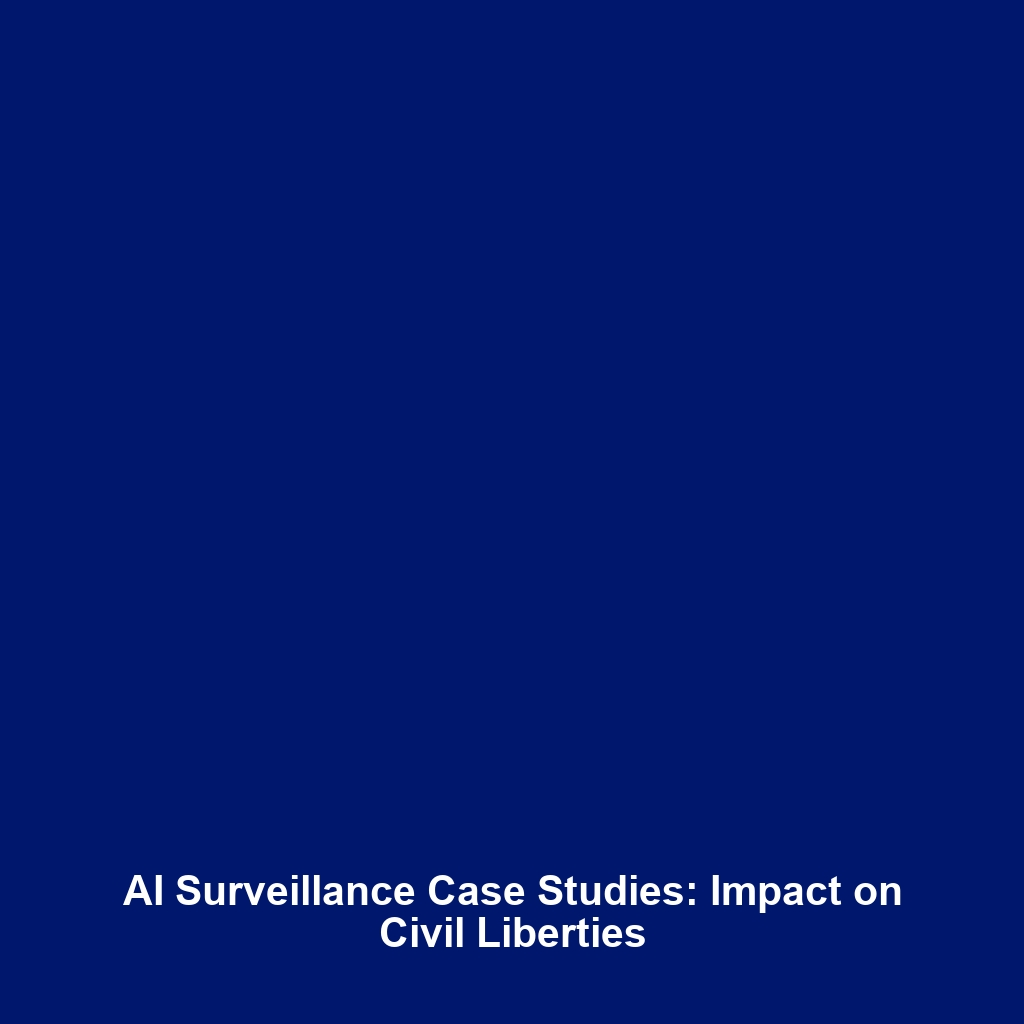AI-Driven Predictive Models to Prevent Heart Attacks and Manage Hypertension
Introduction
With the increasing prevalence of cardiovascular diseases globally, AI-driven predictive models have emerged as a crucial tool in AI in Healthcare. These models utilize large datasets and advanced algorithms to predict patient outcomes, potentially preventing heart attacks and effectively managing hypertension. As healthcare continues to integrate technology, understanding the role of artificial intelligence in predicting cardiovascular events is essential for improving patient care and reducing healthcare costs.
Key Concepts
Understanding Predictive Models
Predictive models in healthcare harness the power of algorithms to forecast health outcomes based on various risk factors, including genetics, lifestyle, and medical history. These models rely on machine learning techniques and data analytics, key components of AI in Healthcare. By identifying patients at risk for heart attacks and those struggling with hypertension, healthcare providers can proactively manage care plans.
The Role of Data
Data is the cornerstone of AI-driven predictive models. Healthcare organizations collect data from electronic health records, wearables, and patient surveys. This data is then analyzed using machine learning algorithms to provide insights that guide clinical decisions. Such applications significantly enhance the capacity to personalize treatment within the realm of AI in Healthcare.
Applications and Real-World Uses
AI-driven predictive models are increasingly applied in various healthcare settings:
- Risk Stratification: Hospitals use predictive modeling to identify high-risk patients, allowing for timely interventions.
- Remote Patient Monitoring: Wearable devices equipped with AI alert healthcare providers of anomalies in vital signs, aiding in hypertension management.
- Clinical Decision Support: AI models assist clinicians in making informed decisions regarding patient care based on predicted outcomes.
The application of AI-driven predictive models to prevent heart attacks and manage hypertension is leading to improved patient outcomes and significant cost savings for healthcare systems.
Current Challenges
Despite the promising capabilities of AI-driven predictive models, several challenges persist in their implementation:
- Data Quality: Inaccurate or incomplete data can lead to poor predictive performance.
- Bias in Algorithms: If datasets are not representative, models may produce biased predictions, affecting healthcare equity.
- Integration Issues: Incorporating predictive models into existing healthcare systems can be complex and costly.
Future Research and Innovations
Ongoing research is focused on refining predictive models and integrating them into routine clinical practice. Innovations such as deep learning and natural language processing are being explored to enhance predictive accuracy and usability. Future breakthroughs in AI technology may revolutionize how healthcare providers approach the prevention of heart attacks and management of hypertension, leading to more personalized and effective care.
Conclusion
AI-driven predictive models represent a significant advancement in the preventative measures of heart attacks and the management of hypertension within AI in Healthcare. Their ability to analyze vast amounts of data to forecast patient risks is revolutionizing patient care strategies. As research progresses and technology evolves, healthcare stakeholders must embrace these innovations to improve health outcomes. For more insights on related topics, visit our related articles.

Leave a Reply